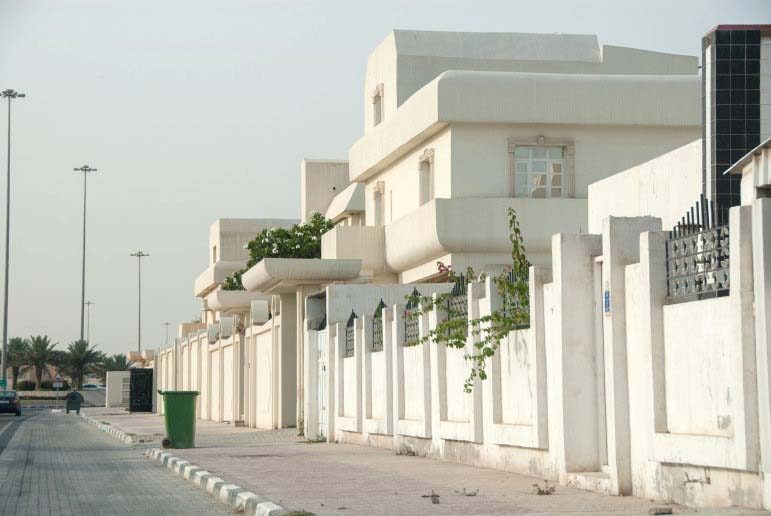
Following a month-long debate about rising commercial and residential rents in Qatar, the country’s Advisory (Shura) Council has opted not to push for restrictions on home rental increases.
Instead, it recommended tackling the problem by increasing supply. This would entail allowing taller buildings to be built and encouraging the renovation of older homes, officials said.
The council also asked nationals to build residential complexes to help end housing shortages in the country.

Residential and commercial rents have been on the rise in Qatar for the last few years, partly because the country’s population boom has put pressure on existing facilities, particularly in the low and mid-range, creating a “supplier’s market.”
“We’re seeing new supply, but it’s barely keeping up with demand,” Johnny Archer, an associate director in DTZ’s Qatar-based consulting and research department, said earlier last year.
Last February, residents in the Barwa City residential development near Al Wakrah said their rents had increased by 30 percent compared to the previous year, while there are reports that the rapidly increasing real estate prices have also made it difficult for Qataris to buy land to build houses for their children.
Commercial rent
However, when it came to businesses, the Advisory Council did issue a recommendation that commercial property rents be controlled to avoid unjustified annual hikes.
There’s already a cap in place as to how much a property owner can raise rent on shops, offices and other commercial properties. According to the Peninsula, the council said that authorities should lower this limit further to help alleviate pressure on inflation.
The government first froze non-residential rents in 2008. Two years later, it set caps of between 5 and 20 percent – depending on the size of the tenant’s rent payments – on the annual increases that landlords could levy.
And in 2012, the government automatically extended non-residential leases to prevent landlords from forcing tenants to agree to a rental rate increase beyond what was permitted when their lease expired.
Council recommendations
The Advisory Council has been reviewing the issue of rents since mid-December. In its latest weekly meeting yesterday, members discussed and made recommendations for state Cabinet consideration, based on a report from its services and public utilities committee.

The council asked state-owned companies and government-linked organizations to review their rent prices and sign new contracts with their tenants, ensuring they are not unjustifiably high, the Peninsula reported.
Nationals should also be encouraged to invest in real estate, with incentives for Qatari investors to open new shops and commercial areas, while the process for getting operating permits and licenses should be speeded up to facilitate this, the council said.
However, its list of official requests did not appear to include the introduction of rent controls for houses and apartments.
The issue has been raised previously by other bodies in Qatar, including the Central Municipal Council.
During a debate in 2014, a member called for the need to cap cap residental rental increases at no more than 10 percent every two years. But there has been no further formal recommendations for bringing in the controls.

Residential rents are one of the single biggest contributors to Qatar’s cost of living.
Late 2014 and 2015, rents were increasing by 8 percent year-on-year. An international report by Numbeo, published in July, found Doha to be the world’s 10th most expensive city for renting a home.
While inflation stabilized last year, QNB forecasts inflation to rise to 3.8 percent this year.
Thoughts?







